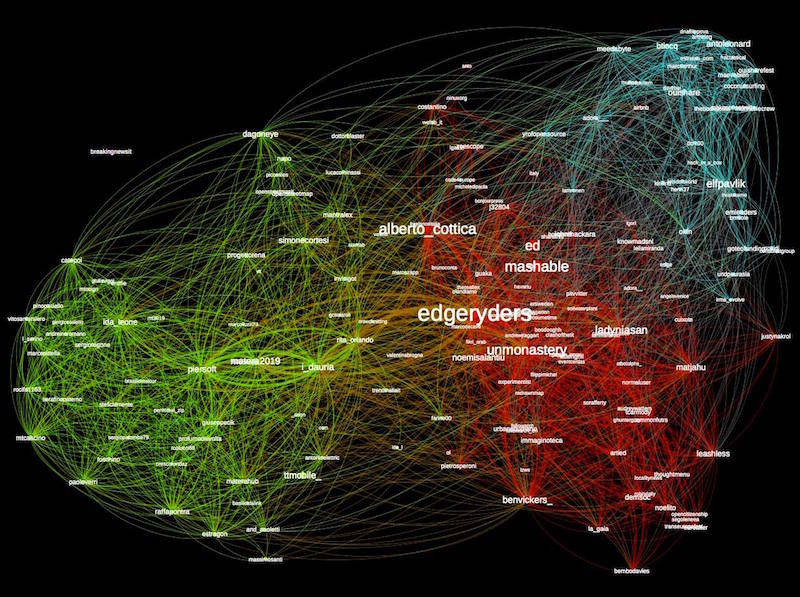 Workshops
Workshops
"Yes, but this solution does not scale!"
The venture capitalist is not happy with you.
Neither is their best buddy, the senior government official. Same goes for the funder: your project has no measurable impact on a serious societal problem they say. Not because you are not doing good work: you clearly are.
You have impact: you are helping. You could name people whose life is demonstrably better because of you. And you do your work with uncanny efficiency and low overhead.
But the VC, funder and bureaucrat have a point: you are only helping locally. Your work does not readily extend to cover everyone, everywhere, for all time. And you cannot put exact numbers on the value that it offers to society.
How to develop strategic international partnerships for mission driven initiatives
Sounds familiar?
At Edgeryders, we keep meeting people like you. You are smart, dedicated and daring. You are the Helliniko Metropolitan Community Clinic, dispensing free health care to the many Greeks who, having lost their job, also lost their access to public health care. You are the Urban Shepherd of Stockholm, inducing your neighborhood to come together by re-introducing husbandry to urban environments.
You are one of the unsung heroes running the Cytostatic Network to provide cancer patients with life-saving drugs unavailable in Romania. You are active in the NightScout project, contributing code or schematics to the open source, DIY insulin pump freeing up the lives of Type 1 diabetes patients. You are building a public transit map for the chaotic informal transit in Cairo. We have hundreds of these stories, and we are sure there are thousands more out there.
These initiatives are so effective because they cleverly deploy local resources: skills, mutual trust, capital, institutions, focusing on the here and now. This is the source of their edge, and they would be well advised not to lose it: they should attempt to scale as far as these resources extend, but not more.
We believe that one part of the solution is an integrated global network of local projects, equipped with open source knowledge and technology.
Because we know that diversity is critical, we are exploring how we can build “smart swarms” - decentralised strategic collaborations between of hundreds of small communities and organisations across countries and sectors. Join us for this workshop if you wish to learn more about how Edgeryders is building such a solution and how your project or ideas can benefit from it. Participants are eligible for our first ever MENA fellowship program.
How to join.
Deadline for registration is one week before the workshop. We recommend that you do not leave it to the last minute - tickets are free of charge and we only can only fit 30 people in the venue, so they will vanish quickly.
To get a ticket create an account on edgeryders.eu and tell us a little about yourself here.
Do not leave it to the last minute. We have a highly limited number of free tickets available
Important Dates.
- Morroco, Marrakech - September 16th - Workshop
- Lebanon, Beirut - September 23rd - Workshop
- Jordan, Amman - September 26th - Workshop
- Tunisia, Tunis - September 30th - Workshop
- Belgium, Brussels - October 19th - OpenVillage Festival
- United States - Atlanta - October 30th (TBD)
- United States - San Francisco - November (TBD)
- United States - New York - November (TBD)
- United States - Washington DC - November (TBD)
 Workshops
Workshops
